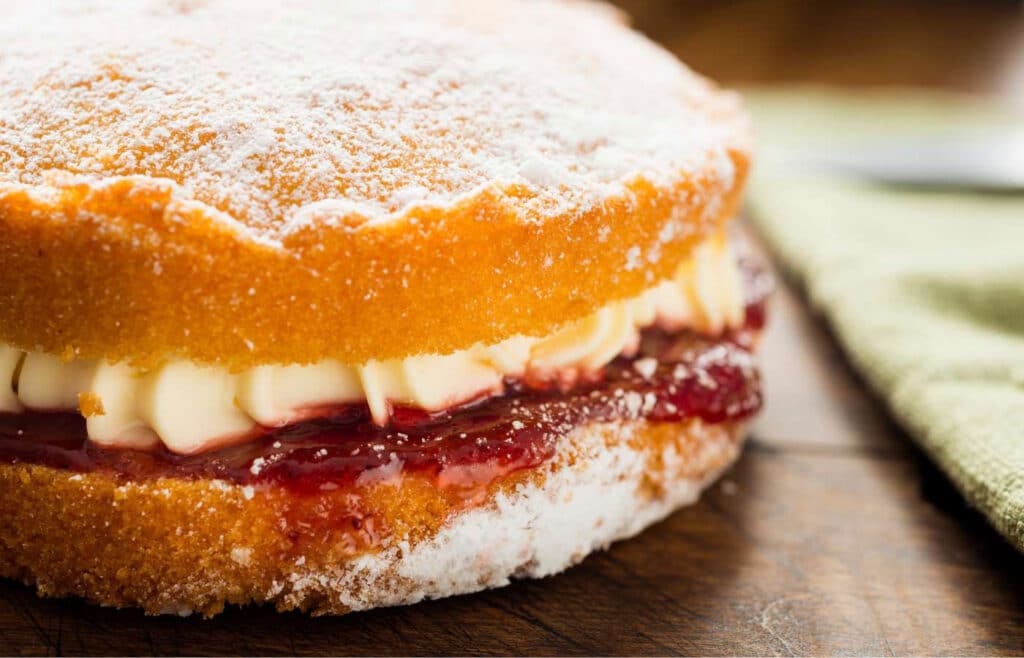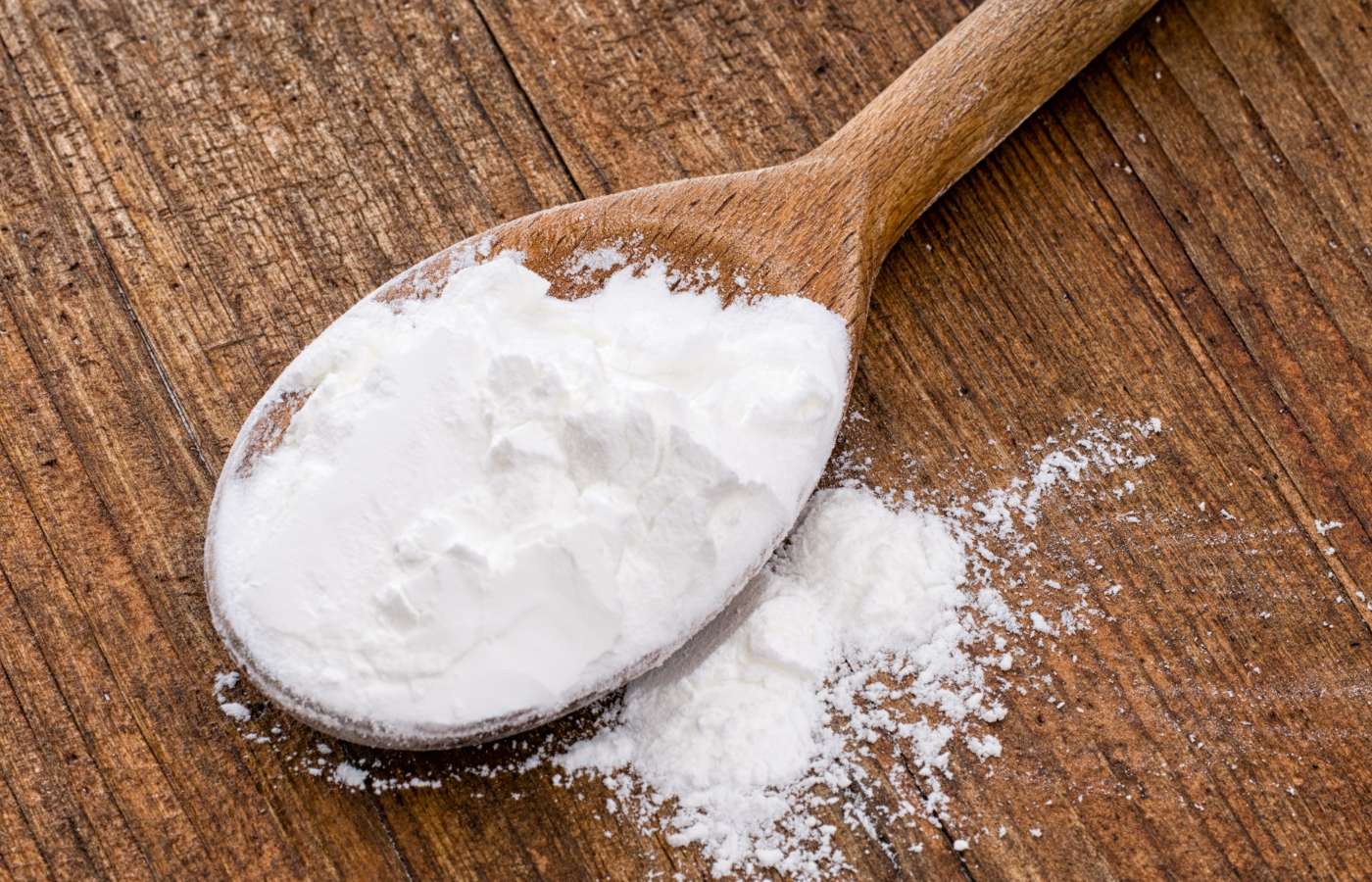Cornflour, also known as cornstarch in some regions, is a staple ingredient in kitchens around the world. It’s used to thicken sauces, create light textures in baked goods, and even in non-food applications. If you’re looking to streamline your kitchen operations or expand your culinary offering, cornflour can be a valuable addition. But what exactly is it, how can you use it?
What is Cornflour?
Cornflour is a fine, white powder derived from the starchy endosperm of corn kernels. It is created by refining corn to separate its starchy component, leaving behind a virtually tasteless powder. This makes cornflour ideal for cooking and baking, as it provides a subtle thickening effect or enhances texture without altering flavour. Additionally, cornflour is often used as a gluten-free alternative to wheat flour, making it a popular choice for those with dietary restrictions.

How is It Made?
Cornflour is produced from the starchy endosperm, the tissue within a corn seed that nourishes the developing embryo. During processing, the endosperm is separated from the bran (outer layers) and the germ (the part that would grow into a new plant). This refined process removes protein and fibre, leaving a fine, white powder composed almost entirely of starch. The resulting product is perfect for thickening liquids, creating light textures in baking, and serving as a gluten-free substitute for wheat flour.
Varying Uses
- Thickening Agent – Cornflour is most commonly used as a thickening agent in sauces, gravies, soups, and custards. When mixed with a liquid, it forms a slurry, and when heated, it thickens the liquid, creating a smooth, glossy texture. This property makes it a favourite in both home kitchens and professional kitchens alike.
- Baking – In baking, it can be used to lighten the texture of cakes, cookies, and pastries. It is often combined with all-purpose flour to give baked goods a delicate, tender crumb. Cornflour can also be used in recipes for breading or frying to create a crisp, light coating.
- Gluten-Free Recipes – Since cornflour is naturally gluten-free, it’s often used as a substitute for wheat flour in gluten-free recipes, especially for those looking to recreate the texture and consistency of gluten-containing products. It can also be used in flour blends to provide structure and stability to gluten-free cakes, cookies, and other baked goods.
- Non-Food Uses – Beyond the kitchen, cornflour has a range of applications. It is often used in cosmetic products for its absorbent qualities, in baby powder to prevent nappy rash, and in industrial uses such as paper production and textile manufacturing.



Is Cornflour the Same as Cornstarch?
The terms “cornflour” and “cornstarch” are often used interchangeably, but there can be regional differences in terminology. In countries like the UK and Australia, “cornflour” typically refers to what is known as “cornstarch” in the United States and Canada.
Both products are made from the same part of the corn kernel and are used for similar purposes – primarily as a thickening agent or for creating light textures in baking. However, it’s important to check product labels for specific regional terminology to avoid any confusion.
Is Cornflour Gluten-Free?
Yes, cornflour is naturally gluten-free, making it an excellent option for those following a gluten-free diet. Since cornflour is derived from the starchy endosperm of corn kernels and contains no wheat, barley, or rye, it doesn’t contain gluten, which is the protein that causes issues for individuals with celiac disease or gluten sensitivity. Because of its gluten-free nature, cornflour is often used in gluten-free baking to replicate the texture and consistency of traditional wheat-based products.
It’s commonly combined with other gluten-free flours like rice flour or potato flour to create a balanced flour blend that can be used in a variety of baked goods, from cakes and cookies to breads and pastries. However, when purchasing cornflour, it’s important to check for any cross-contamination risks. Some brands may process their products in facilities that handle gluten-containing ingredients, so always verify that the cornflour is certified gluten-free if you’re baking for someone with a serious gluten sensitivity or allergy. This ensures that your recipes remain safe and enjoyable for those with dietary restrictions.
At IFI, we offer gluten-free, high-quality cornflour, so you can confidently purchase without worrying about cross-contamination.
Why Choose Cornflour for Your Business?
If you’re looking to purchase cornflour in bulk for your business, whether you’re a butcher, baker, chef, or manufacturer, choosing high-quality wholesale ingredients is key. It’s a cost-effective and versatile ingredient that can elevate the quality of your products while offering consistency and reliability in your recipes.
If you’re ready to add premium cornflour to your ingredient lineup, visit our product page to place your order today. We provide top-grade cornflour at competitive prices, ensuring that you can continue creating exceptional products for your customers.




